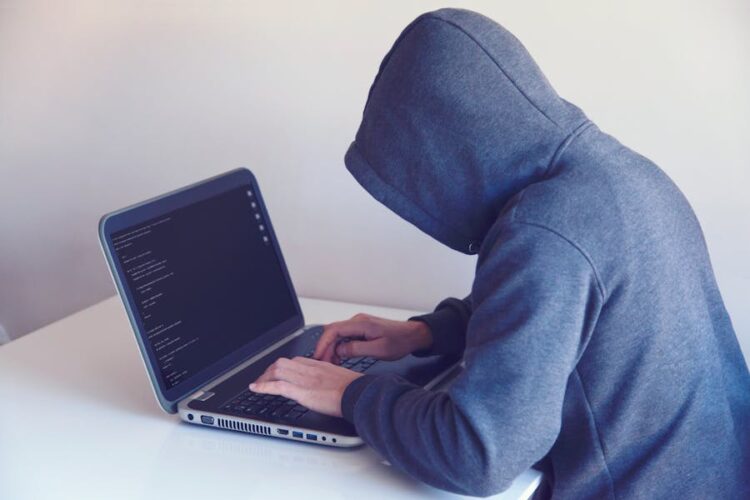Private investigators in the UK play an important role in a number of areas of the justice system, from conducting thorough investigations to uncovering evidence that can either help convict or exonerate an individual. Among the tools at their disposal, lie detector tests, also known as polygraph tests, have become increasingly significant in proving innocence. These tests offer an objective way to verify the truthfulness of individuals, particularly those who are falsely accused of crimes or misconduct.
How Lie Detector Tests Can Help Those Falsely Accused
Lie detector tests are designed to measure physiological responses, such as heart rate, blood pressure, respiration, and skin conductivity, while a person answers a series of questions. These physiological responses can indicate whether a person is being truthful or deceptive. For falsely accused individuals, a lie detector test conducted by a private investigator can be a powerful tool to prove their innocence.
A lie detector test can provide an additional layer of validation in cases where there is a lack of physical evidence or when testimonies conflict. This can be particularly useful in situations where the stakes are high, such as allegations of serious crimes or professional misconduct.
Detailed Process of Taking a Lie Detector Test with a Private Investigator
The process of taking a lie detector test with a private investigator is systematic and thorough. Here’s a detailed look at the steps involved:
1. Pre-Test Interview
The process begins with a pre-test interview, where the private investigator explains the procedure, addresses any concerns, and ensures the individual understands the test’s purpose.
2. Question Formulation
Specific questions related to the case are formulated. These questions are designed to elicit clear yes or no answers and are crafted to avoid ambiguity.
3. Baseline Data Collection
The individual is connected to the polygraph machine, and baseline physiological data is collected. This data serves as a control for comparison during the actual test.
4. Conducting the Test
The private investigator administers the test, asking the formulated questions while the polygraph machine records physiological responses.
5. Analysis of Results
The private investigator analyses the data once the test is completed. They look for significant deviations from the baseline data that indicate deceptive responses.
6. Post-Test Interview
A post-test interview may be conducted to discuss the results and address any discrepancies or follow-up questions.
Real-Life Examples of Individuals Proving Their Innocence
There have been numerous instances where individuals have successfully used lie detector tests to prove their innocence. For example, in one high-profile case, a man accused of theft was able to clear his name through a polygraph test. The results showed no signs of deception when he denied involvement, leading to the charges being dropped.
Another case involved an employee accused of embezzlement. Despite circumstantial evidence suggesting guilt, the lie detector test indicated the employee was truthful in denying the accusations. This led to further investigation, ultimately uncovering the real perpetrator.
These real-life examples underscore the effectiveness of lie detector tests in the justice system, providing a means for individuals to demonstrate their honesty and integrity.
The Importance of Lie Detector Tests in the Justice System
Lie detector tests hold some importance in the justice system as they can provide a level of certainty that an individual’s statements are truthful, even when there is no other supporting evidence. However, polygraph tests may only be used in certain circumstances in the UK. One area in particular is in response to crimes of a sexual nature, the police will use polygraph examinations to allow individuals to voluntarily provide reassurance that their statements are reliable. Some of the benefits of effectively using lie detector tests are:
- Objective Validation: They offer an objective way to validate statements, reducing reliance on subjective interpretations of behaviour.
- Deterrence: The prospect of undergoing a lie detector test can deter individuals from making false accusations or committing crimes.
- Efficiency: They can expedite the resolution of cases by providing an indication of truthfulness or deception.
David Jones of revealpi.com, a leading private investigation firm in the UK, emphasises, “Lie detector tests are invaluable in providing reassurance in cases where there is limited evidence or there is a heavy reliance on witness accounts.. They provide a scientific basis for determining truth, which is crucial in today’s complex legal landscape.”
Lie detector tests administered by private detectives in Liverpool and across the UK are a vital tool for proving innocence and ensuring justice. For those facing false accusations, these tests offer a way to substantiate their truthfulness and restore their reputation. As the justice system continues to evolve, the role of lie detector tests in maintaining fairness and integrity will only become more significant.
Individuals who find themselves wrongly accused should consider utilising this service. With the expertise of private investigators and the objectivity of lie detector tests, they stand a better chance of proving their innocence and achieving justice.










